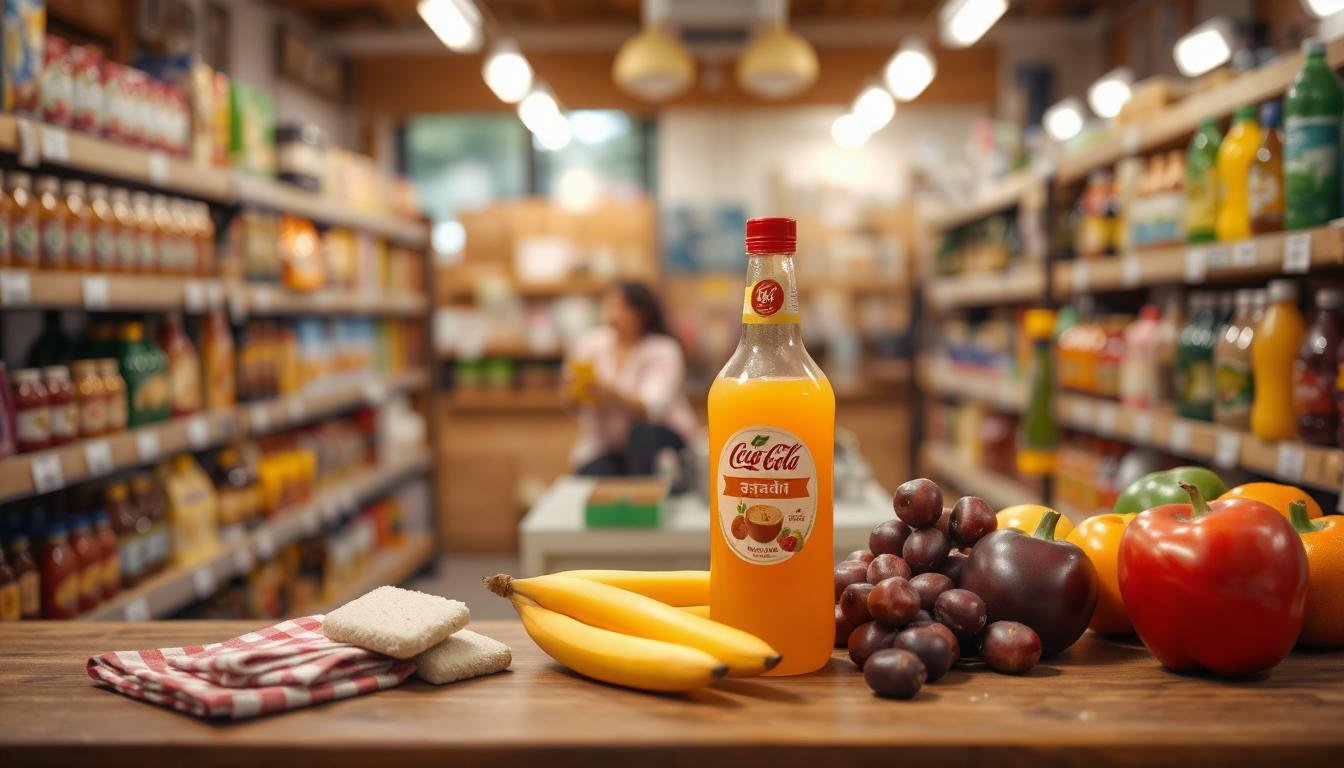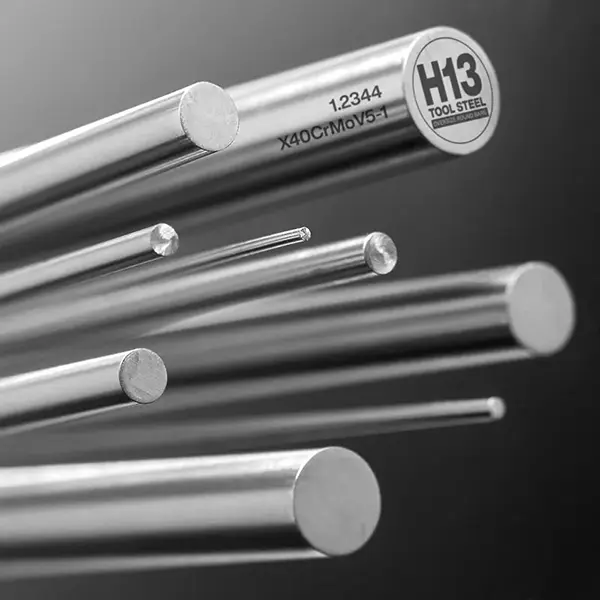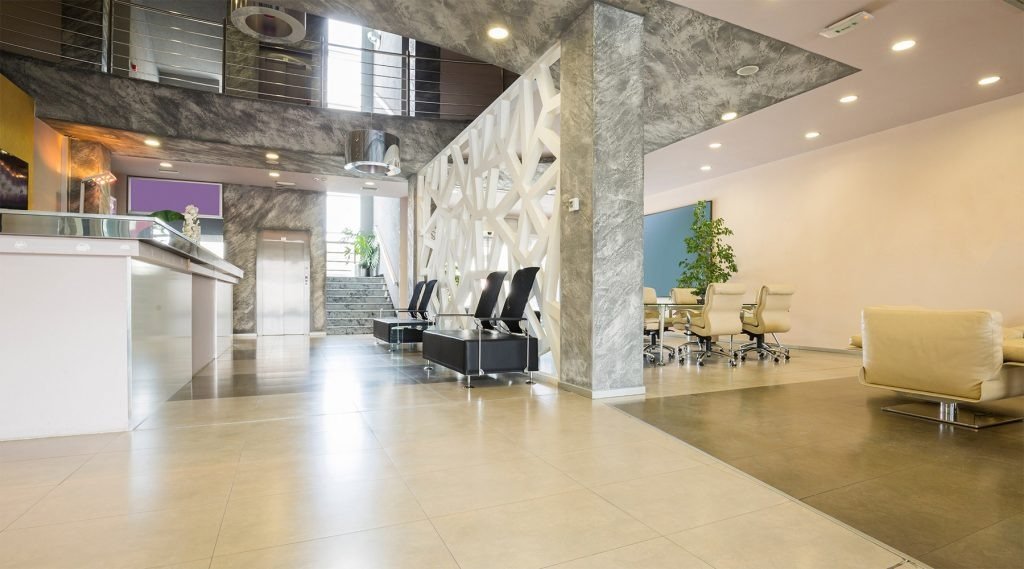Granite and marble are premium materials that bring elegance and value to both residential and commercial spaces. However, these natural stones require proper care to maintain their luster and durability over time. One critical factor in stone maintenance is the use of a safe and effective cleaner. This article explores what makes a granite and marble cleaner safe, highlighting the chemical composition, pH balance, application methods, and factors that differentiate a high-quality product from a harmful one.
Note: Surfaces had been restored to their original shine when Granite & Marble Cleaner had been applied regularly. The finish remained flawless and streak-free.
Understanding the Nature of Natural Stone

Granite and marble are porous, natural stones with distinct compositions. Marble is a calcium-based stone, making it more susceptible to damage from acidic substances. Granite, while harder and more durable, can still be etched or discolored by improper cleaning agents. Therefore, using cleaners specifically formulated for these materials is essential for long-term care.
Importance of pH Balance in Stone Cleaners
A safe granite and marble cleaner must be pH-neutral. Cleaners with a high or low pH can react chemically with the stone, especially marble. Acidic cleaners (pH less than 7) may etch the surface, leaving dull spots or permanent marks. Alkaline cleaners (pH greater than 7) can break down sealants and contribute to long-term deterioration. A balanced, neutral pH cleaner ensures effective cleaning without compromising the integrity of the stone.
Ingredients to Avoid in Stone Cleaners
Several common household cleaning agents contain ingredients that are unsafe for granite and marble. These include:
- Ammonia: Often used for its disinfecting properties, ammonia is highly alkaline and can damage protective sealants.
- Bleach: A harsh chemical that can cause discoloration, surface breakdown, and harmful vapors.
- Vinegar and citrus extracts: Popular in DIY cleaning, these are acidic and can severely etch marble and weaken granite.
- Abrasives: Cleaners with gritty or powdery textures can scratch the stone surface, especially on polished finishes.
Choosing a cleaner that explicitly avoids these ingredients is crucial to ensure safety.
Safe Ingredients in Granite and Marble Cleaners
A quality stone cleaner will include mild surfactants and biodegradable agents that lift dirt without harming the stone. These cleaners often contain:
- Water-based formulas: Diluted and gentle, ideal for daily maintenance.
- Plant-based surfactants: Derived from natural sources, offering effective cleaning with reduced environmental impact.
- Chelating agents: Help to lift and remove mineral deposits without harsh action.
- Non-acidic degreasers: Tackle oil and grime without affecting sealants.
These components ensure effective cleaning while maintaining safety for the stone and the user.
How to Properly Use a Stone Cleaner
Even the safest cleaner can be misused. Proper application enhances performance and protects stone surfaces. Best practices include:
- Spraying directly on the surface and wiping with a soft cloth: Avoiding rough sponges or pads.
- Daily or regular cleaning: To prevent buildup and reduce the need for deep cleaning.
- Avoiding excess liquid: Over-saturating the surface can damage the stone or seep into grout lines.
- Using microfiber cloths: Which trap dust and particles without abrasion.
By following these methods, homeowners can maximize the cleaner’s effectiveness and maintain their stone’s natural beauty.
Differentiating Between Cleaners and Polishes
It is important not to confuse granite and marble cleaners with polishes. While cleaners remove dirt and residues, polishes add shine and enhance appearance. Using a polish in place of a cleaner can lead to buildup and greasy residues. A good maintenance routine alternates between safe daily cleaners and periodic use of polishing products.
Common Myths About Stone Cleaning
Many homeowners are misinformed about what is safe or effective. Some common myths include:
- “Natural cleaners are always safe”: Many natural ingredients, like lemon juice or vinegar, are acidic and harmful to stone.
- “Soap and water is enough”: While mild, soap can leave residues and dull the finish over time.
- “All-purpose cleaners work on stone”: These often contain harsh chemicals not suitable for natural surfaces.
Debunking these myths is essential for proper care and preservation.
Benefits of Using a Safe Granite & Marble Cleaner
Using a purpose-built, safe cleaner offers numerous advantages:
- Preservation of surface shine and clarity
- Extension of sealant life
- Prevention of staining and etching
- Safe use around children and pets
- Eco-friendly formulations for sustainable cleaning
These benefits contribute to the long-term value and visual appeal of stone surfaces.
Conclusion
Choosing the right granite and marble cleaner is vital for maintaining the elegance, durability, and safety of natural stone surfaces. A safe cleaner is defined by its pH balance, non-toxic ingredients, sealant compatibility, and verified certifications. By understanding what makes a cleaner safe and how to use it properly, homeowners and facility managers can protect their investment and keep surfaces looking pristine for years to come.
With the wide range of cleaning products available on the market, being informed is the first step toward responsible maintenance. Always select cleaners specifically designed for granite and marble and follow recommended usage practices. Safe cleaning is not only about appearance—it’s about preserving the natural beauty and strength of the materials that enrich your space.
For more insightful articles related to this topic, feel free to visit: techners.net












Leave a Reply